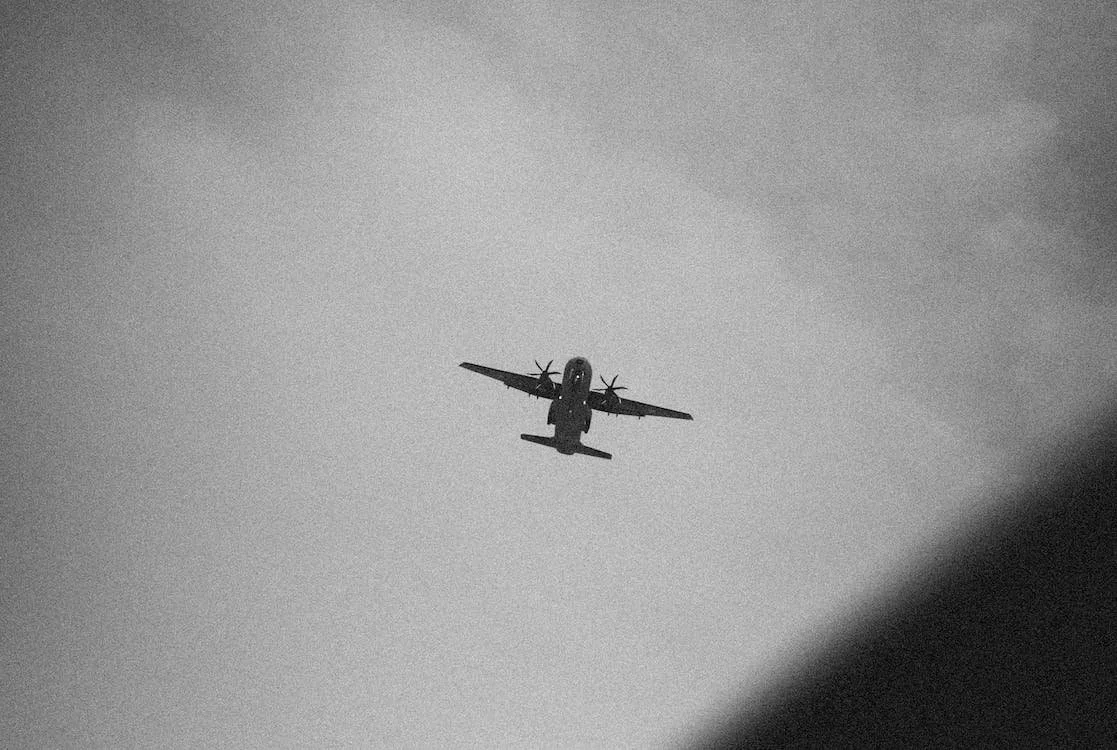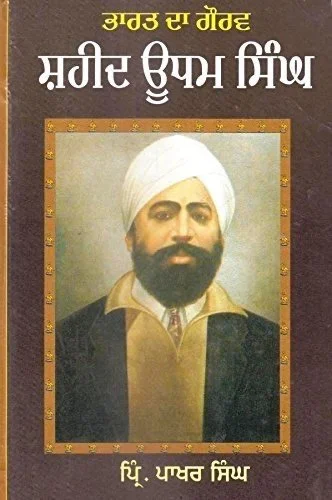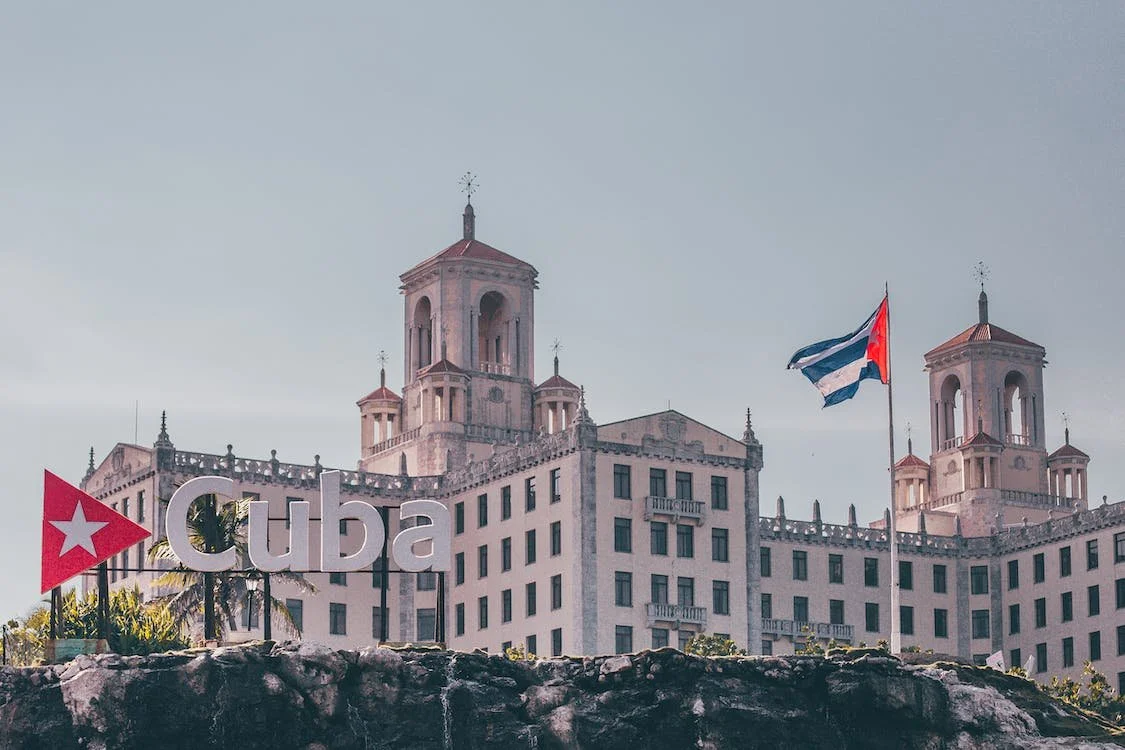The Thawing of War
Photo from Pexels.
Jarrett Borkowski
On October 27, U.S. pilot Major Rudolf Anderson was flying a U2 Spy Plane over Cuba. What would normally be a routine flight was anything but. For two weeks, the whole world had been in crisis. The USSR had recently placed missiles capable of housing nuclear warheads on the island nation of Cuba. This was worrisome to all as Cuba and the USSR were in the midst of a Cold War with the United States of America. If conflict were to break out between these nations, it would impact the entire world because of the threat of nuclear weapons and the destructive nature they bring. Tensions were high, but a boiling point had not been reached. That all changed on this day in October, when Maj. Anderson was shot out of the sky.
The death of Maj. Anderson was eye opening to the US Assistant Secretary of Defense Paul Nitze; upon notifying President John F. Kennedy of the incident, Nitze declared that Russia had officially fired the first shots of the war. Luckily, the President concluded that Russian leadership almost certainly did not directly order the shoot down of the plane. The Leader of the USSR, Nikita Khrushchev, was shocked upon hearing of the death of Maj. Anderson. It is at this moment that he realized how dangerous this situation had become. That same day, Khrishchev sent a letter to Kennedy.
Nikita Khrushchev agreed to pull missiles out of Cuba. As a part of this deal, the US must also pull missiles out of Turkey, a US ally that borders the Soviet Union and the closest missile bases to Moscow. Kennedy also promised that the US would not invade Cuba upon Russian withdrawal. That evening, Robert Kennedy, the brother of the President, met with Russian ambassador Anatoly Dobrynin. The Attorney General told the ambassador that the US had already planned to remove missiles from Turkey, but were reluctant to publicly announce the move.
The next day, Nikita Khrushchev sat in his office in Moscow penning a letter. It reached the desk of President Kennedy later in the day. It officially declared that Russia was dismantling the missiles and Cuba and pulling troops out of the nation. The White House declared this as a major win for the US, crediting it to Kennedy’s tough stance on communism. In reality, it was Kennedy’s incredible ability to remain calm and willingness to negotiate with his Russian counterpart almost certainly saved the world from nuclear war.
In the years that followed, tensions reached an all-time low between Russia and America. Agreements were made to mutually decrease each nation’s nuclear arsenal. Cuba was more or less abandoned by the Soviet Union and was left to stay as a beautiful island nation under the control of a brutal dictator. The USSR also suffered a slow collapse over the next 30 years. In the 60s and 70s, the Soviets consistently attempted to intervene in foreign conflicts, but were typically driven out by the international community through non-militaristic means. In the early 80s, the USSR suffered a period of party instability with the death of multiple leaders of state. The Chernobyl nuclear disaster in 1986 crippled the Russian economy and further tarnished its international reputation. In 1989, the Iron Curtain fell as many communist eastern European countries experienced revolutions and severed ties with the Soviets. By the turn of the early 90s, Soviet Leader Mikhail Gorbachev announced a shift towards democracy in the USSR. In 1991, Boris Yeltsin was elected President of Russia. He swiftly broke down the Communist Party, and by the end of the year, the USSR was dissolved.
The Cuban Missile Crisis is an important event in human history. It symbols the importance of communication between nations and the dangers of nuclear weapons. The world is incredibly lucky that everything went practically perfectly during the crisis. If one thing did not happen the way it did, the chances of nuclear armageddon skyrocketed.
Remember to read the previous three articles in this series:






